Published
- 08:00 am

European branded payments company Recharge.com today announced its key role in accelerating growth across new markets in Europe, due to reach $64 billion in 2023.
Recharge.com has observed a steady growth in customer demand thanks to its innovative global marketplace for prepaid payments and an increased consumer focus on personal budgeting. The company has attracted 3.3 million global customers for its prepaid cards and raked in over 215 million visits to its marketplace over the past 12 months - a substantial increase from last year. Nearly 120 million gift cards are purchased annually and demand continues to rise, due to the ongoing cost of living crisis, high inflation and the need to manage expenses.
The company’s continued growth is referenced in a recent report by ResearchAndMarkets.com titled The Europe Gift Card and Incentive Card Market Intelligence Databook 2023. According to its findings, Europe’s market for these services will reach $84 billion in 2027.
“Europe is an exciting region for digital prepaid payments and we look forward to continuing to partner with brands across the continent to expand their customer reach,” said Günther Vogelpoel, CEO of Recharge.com.
The promising market growth report follows Recharge.com’s launch of a global marketplace in October last year, providing a one-stop shop for branded payments. Recharge.com built on the successful launch with the recent addition of a simplified Chinese version of their website, giving over one billion Chinese speakers around the world the chance to shop for branded prepaid payments and continuing the European fintech’s global expansion.
The global digital gift card market is expected to reach $724.3 billion by 2028, as stated in a report by KBV Research, which also highlighted the importance of cutting-edge services in this market growth. Recharge.com is already seizing this opportunity, enabling retailers in 180 countries to build loyalty with their customers and reach new demographics with digital gift card services.
Recharge.com is key for consumers as they navigate the current cost of living squeeze, as they can utilise digital gift cards to enjoy a product or service without exceeding a certain budget. This is thanks to the nature of prepaid digital cards where they are supplied with only a fixed balance, enabling consumers to set a hard cap on their spending.
Vogelpoel added that “digital gift cards and prepaid cards are becoming a key tool for consumers across the globe, enabling better budgeting on gifts, subscriptions and everyday purchases.”
Recharge.com, a Dutch payments firm founded in 2010 which specialises in the distribution of digital gift and prepaid cards, launched a global one-stop shop for branded payments in October 2022. The platform’s digital gift cards support 750 brands in 180 countries, including Apple, Google and Spotify. The fast-growing fintech is already one of the world’s leading payments distributors with annual revenues of over 500 million euros, and with the positive European and global outlook for innovative prepaid payments, Recharge.com is set to seize a large share of the global market.
Related News
- 01:00 am

Small business loan approval percentages at big banks slipped again, falling from 13.8% in March to 13.5% in April, according to the latest Biz2Credit Small Business Lending Index™ released today. Further, the approval rates of business loan applications at small banks again dropped from March’s disappointing figure of 19.1% to 18.7% in April.
Credit unions’ small business loan approval percentages also dropped last month, falling to 19.8% in April, from 20.2% in March.
As small business lending at banks and credit unions continues to decline, approvals at non-traditional lenders rose in each of the categories monitored by the Biz2Credit Index.
- Alternative lenders climbed to 28.7% in April, up from 28.4% in March.
- Institutional investors granted 26.7% of funding requests in April, up from 26.5% in March.
“The instability in the banking system goes well beyond the recent collapses of Silicon Valley Bank (SVB) and Signature Bank. Last week, First Republic Bank, a bank that was run much more responsibly than SVB, was taken over by the FDIC, and its assets were sold to JPMorgan Chase,” said Rohit Arora, CEO of Biz2Credit, one of the nation’s leading experts in small business finance and fintech. “Other midsize and regional banks may also be in trouble as business accounts continue to withdraw their money and shift it to big banks or money market accounts.”
“While we do not have a full bank run yet, these developments hurt the banks’ ability to lend to small businesses,” Arora added. “The FDIC insures deposits up to $250,000, which is a relatively small amount for commercial accounts and leaves some deposits uninsured. The vast amount of uninsured deposits in the banking system raises the likelihood of bank runs in the future. This is bad not only for small businesses, but for the economy as a whole.”
“Complicating the financial woes of small firms is the ever-rising cost of capital as the Fed raised its base lending rate another 25 bps up to a range of to 5% to 5.25%,” Arora said. “While the central bank is signaling that this may be the last increase this year, right now, interest rates are at their highest levels since 2007.”
Total nonfarm payroll employment rose by 253,000 in April, and the unemployment rate dipped slightly to 3.4%, according to the Jobs Report released by the Bureau of Labor Statistics on Friday, May 5, 2023. Meanwhile, the low unemployment rate keeps pressure on wage inflation, which grew 4.4% in April from a year earlier. Employment continued to trend upward in several industries, including professional and business services, health care, leisure and hospitality, and social assistance. Many of these jobs are created by small businesses.
“While it is good news that people are working, the tight labour market hurts the bottom line for small businesses,” Arora said. “Companies that need working capital to pay their bills are paying a higher cost of capital for it. This combination puts stress even on small businesses that are thriving. It’s a Catch-22 situation right now.”
To determine its Small Business Lending Index, Biz2Credit analyzed loan requests from companies in operation for more than two years with credit scores above 680. The results are based on primary data submitted by more than 1,000 small business owners who applied for funding on Biz2Credit's platform. To view the April 2023 Index, click here.
Related News
- 07:00 am
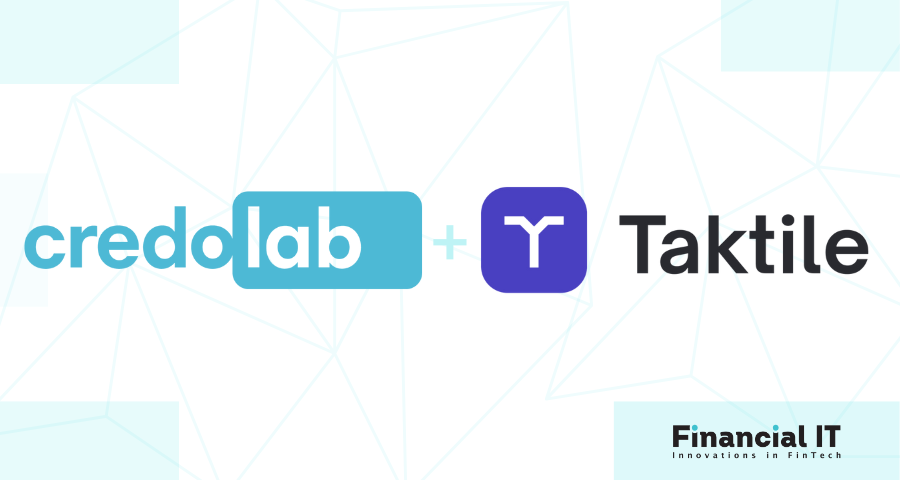
Fintech scaleup credolab joins forces with automated decisioning platform Taktile making it easier for financial organizations to leverage alternative data for launching new products, reducing risk, and making more accurate decisions. As the first smartphone and web behavioural data provider in Taktile's newly launched Data Marketplace, credolab will provide access to bank-grade digital scorecards and data enrichment solutions, including anti-fraud insights, account takeover, and marketing segmentation. Other partners in the Data Marketplace include Codat, CRS, NovaCredit, Boniversum, Creditreform.
Credolab's platform uses proprietary Machine-Learning algorithms that detect more than 10 million behavioural patterns, such as battery usage, the most frequently downloaded app category, the total time spent applying, speed of the scrolling or the number of times "copy" and "paste" was used on questions the user should know the answer to. It enables banks and neobanks, digital lenders, BNPL players, and any industry at the intersection with financial services to make better risk, fraud and marketing decisions without processing any personal data.
“We are excited to partner with Taktile to enable more digital lenders to add a new layer of behavioural assessment that allows them to approve more good customers and reduce their cost of risk and fraud. Collecting only privacy-consented and anonymous metadata with no personal data leaving the customer's device, our technology complies with all major data privacy laws worldwide,” said Peter Barcak, CEO of credolab.
The Taktile Data Marketplace is a one-stop ecosystem of leading data providers that enable customers to easily access a wide range of traditional credit, identity, fraud, open banking, accounting, and alternative data. Powering hundreds of thousands of decisions per day, Taktile’s platform enables users to experiment with off-the-shelf data integrations and monitor the performance of predictive models in their decision flows.
“Taktile’s no-code interface allows nontechnical employees, such as heads of credit or risk officers, to build, adjust and evaluate their own decision flows. With credolab solutions in our Marketplace, we enable more fintechs to make decisions in a data-driven way and ensure they only underwrite the risks that match their strategy,” said Dr. Niklas Guske, COO at Taktile.
Related News
- 01:00 am
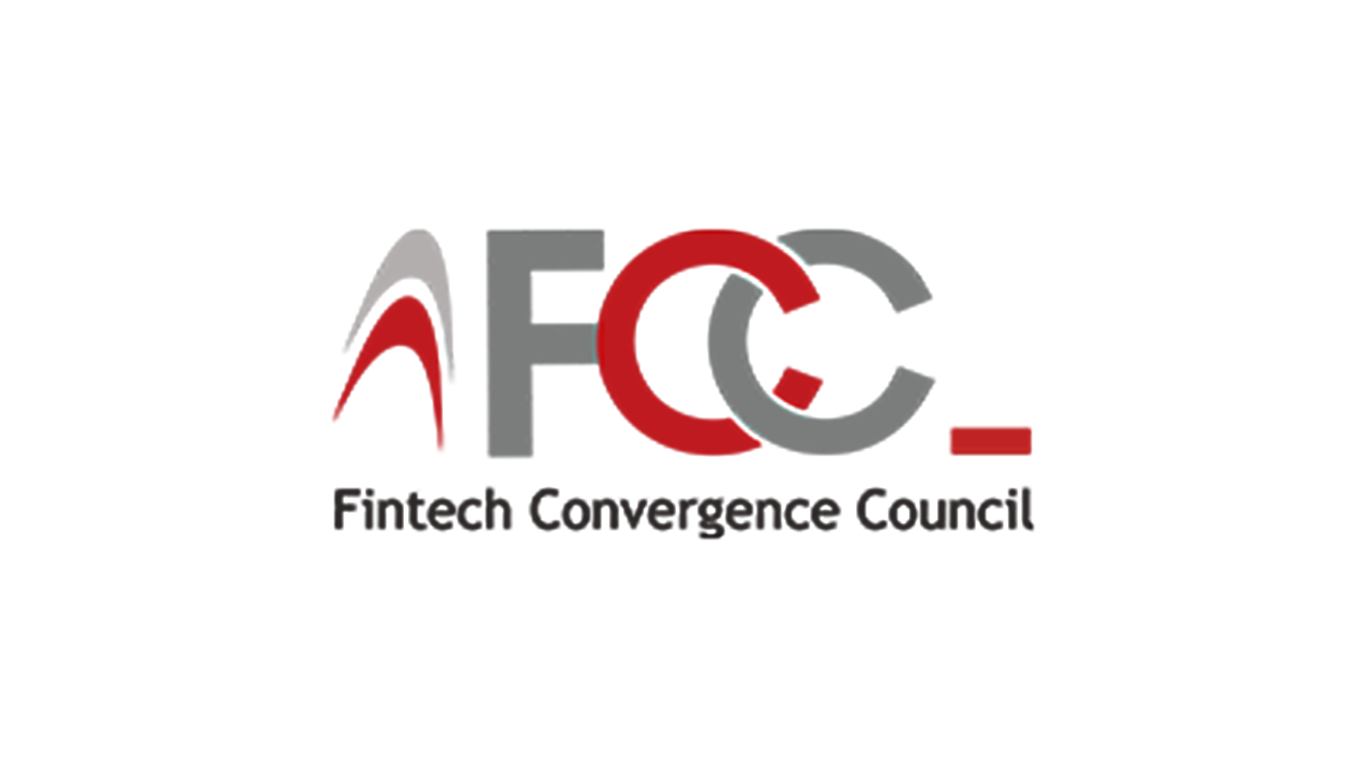
The Fintech Convergence Council (FCC), which functions under the aegis of the Internet and Mobile Association of India (IAMAI), welcomes the recent amendments to the Master Directions on Know Your Customer (KYC) Directions, 2016, by the Reserve Bank of India (RBI).
Srinivas Jain, Co-Chair, FCC, and Executive Director and Head of Strategy, SBI Mutual Fund, said, "The amendments to the KYC norms are aligned with the recent amendments in the Prevention of Money Laundering Act (PMLA) Rules. While some of the changes further clarify provisions, others are enablers, leading to mixed reactions from the industry. The immediate applicability of the amendments has left the industry grappling with the impact and implementation of the changes. However, the changes affirm the regulator's efforts to strike a fair balance between simplifying the KYC process for regulated entities to a certain extent and enhancing their ability to access financial products through innovative technologies such as AI and ML."
The amendments bring several changes to the KYC process for REs (Regulated Entities), including the revision of the threshold of 'Beneficial Ownership' for registered 'Company' and 'Trust' to 10% from the earlier 25% and 15%, respectively. The amendments also add or amend the definition of terms such as 'Group,' 'Non-Profit Organisation,' 'PEP,' and 'Correspondent Banking,' among others. Furthermore, REs must have a group-wide KYC policy for discharging obligations such as retaining transaction and customer KYC data. Amendments related to Video-based Customer Identification Process (V-CIP) include the requirement to get V-CIP infrastructure tested by CERT-IN empanelled auditors, among other changes.
The Fintech Convergence Council believes that these amendments will create a more robust and inclusive digital payment ecosystem in the country.
Related News
- 05:00 am
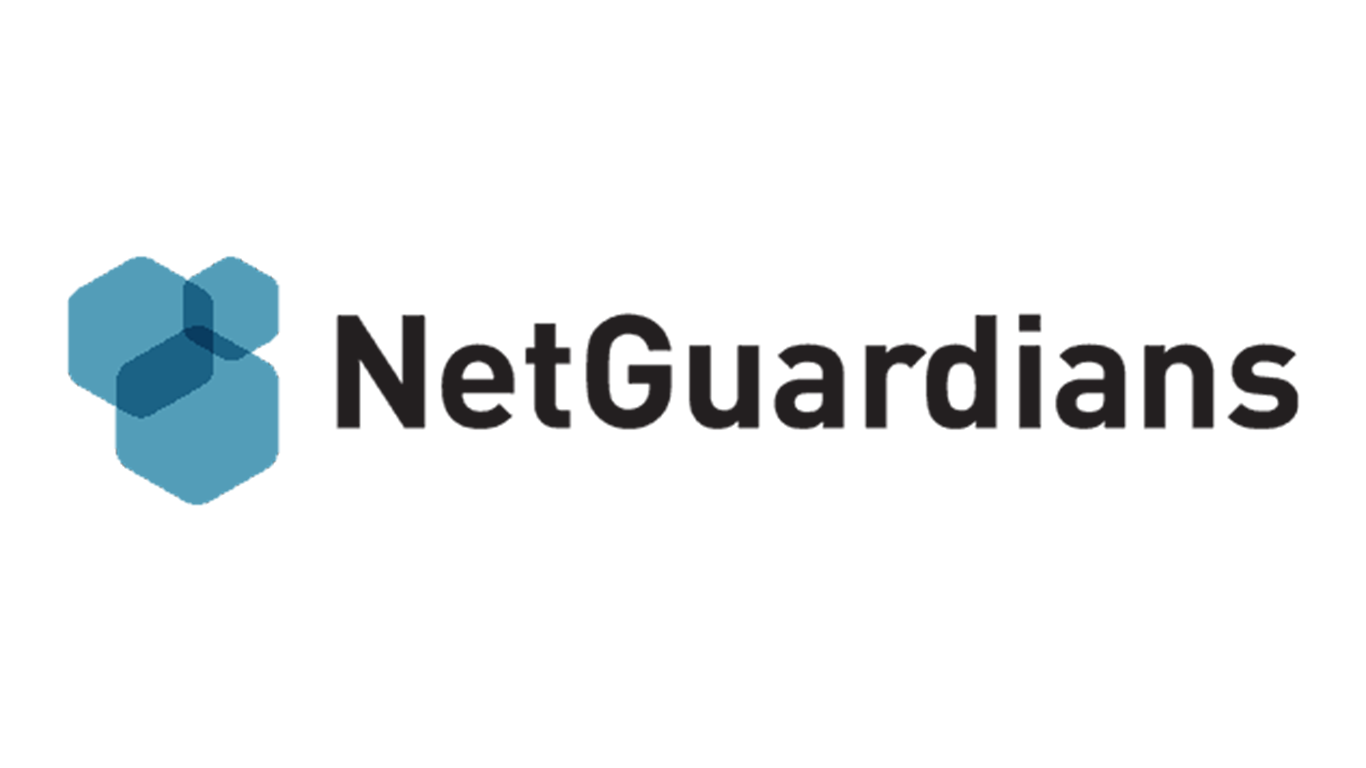
Swissquote, Switzerland’s leading online bank, has chosen NetGuardians to enhance fraud mitigation and comply with the AML requirements. The NetGuardians AI-based financial crime solutions will monitor all transactions at the bank and on the digital finance app ‘Yuh’, a joint venture between Swissquote and PostFinance, another of Switzerland’s leading banks.
Software designed by NetGuardians will help Swissquote to reinforce bank’s protection to catch scams such as Authorized Push Payment (APP) and other types of payment fraud. It will also help Swissquote to maintain regulatory anti-money laundering (AML) requirements through suspicious activity reporting, early-stage prevention of money laundering attempts, and detecting the creation of money mule accounts.
With APP scams set to double globally by 2026 and become a $5.25bn industry, banks increasingly need AI-based anti-fraud infrastructure to keep pace with fraudsters.
NetGuardians’ financial crime solutions ensure accurate detection and minimal false positives, improving customer and user experience while lowering operational costs for banks. In addition, its machine-learning algorithms help financial institutions to discover and stay on top of emerging threats from fraud schemes and scammers.
Gland-based Swissquote is a market leader in online banking with international presence. Swissquote currently employs over 1,000 people who service its 500,000 clients worldwide. ‘Yuh’ is a Swiss finance app launched in the spring of 2021 that emerged from a joint venture between PostFinance and Swissquote.
Joël Winteregg, CEO & Co-Founder of NetGuardians, said: “We are thrilled Swissquote will be deploying NetGuardians’ AI-based AML transaction monitoring & fraud prevention solutions. Financial crime is an ongoing battle; we want to ensure consumers have a safe and seamless experience. This can be achieved by reducing false positives and alleviating the threat of payment fraud. We look forward to working closely with Swissquote in its fight against financial crime.”
Lino Finini, COO of Swissquote, said: “At Swissquote, we want our customers to know we are doing everything we can to prevent fraud. NetGuardians offers one of the best financial crime solutions on the market, helping us to quickly identify and stop scammers and money launderers. This means our customers can bank with confidence at Swissquote.”
Related News
- 04:00 am

Tarabut Gateway, the Middle East and North Africa’s (MENA’s) leading open banking platform, announces a strategic partnership with the global digital payment leader Visa.
The two companies will collaborate on developing new products and solutions using open banking capabilities. The initial focus will be on creating data-driven offerings such as credit risk assessments, advanced analytics, and insights. Additional solutions anticipated will involve cross-border payments and lending.
The partnership will elevate product offerings through technology and expertise collaboration, enhance customer experiences, streamline cross-border transactions, and foster innovation and cooperation across the financial ecosystem.
This announcement follows Tarabut Gateway’s recent US$32 million fundraise, in which Visa participated as an investor - marking their first venture into the MENA open banking sector - and cementing the two companies’ financial and operational collaboration moving forward.
The investment in Tarabut Gateway is consistent with Visa’s open banking strategy to partner and invest in leading companies for the co-development of innovative products and solutions and follows last year’s acquisition of Tink, one of Europe’s leading open banking platforms.
Abdulla Almoayed, Founder and CEO of Tarabut Gateway, said:
“We are excited to announce our strategic partnership with Visa, a world-class brand. Our existing close relationship, through Visa's investment in Tarabut Gateway, has paved the way for this collaboration. The progress of open banking in the Middle East in recent years has been remarkable, and we are grateful for the opportunity to lead the sector and support the entire ecosystem.
“Together with Visa, we will leverage our data infrastructure to bring new and improved products to customers. As a visionary in the payments industry, Visa's solutions will support innovation and collaboration across the MENA financial sector, and our strategic alignment will strengthen this partnership.”
Otto Williams, Senior Vice-President and Head of Product, Partnerships, and Digital Solutions for Visa Central and Eastern Europe, Middle East, and Africa, said:
“The future of financial services is being shaped by next-gen digital innovation, with open banking and data sharing serving as a significant driver to help consumers better manage and access their finances. As we look to the future of digital financial services, it is clear that the key drivers of growth will be innovation and openness. By partnering with Tarabut Gateway and integrating our global payments network with their open banking platform, we are poised to deliver innovative financial services that cater to the unique needs of the MENA region. Our shared commitment to next-generation solutions will enable us to transform the financial landscape and offer cutting-edge services to our customers.”
Tarabut Gateway provides platform-agnostic solutions for banks, merchants and fintech to build apps, and its user-friendly APIs enable various services such as lending, personal finance, and payments. The company is building an open banking infrastructure across Saudi Arabia, the UAE, and Bahrain, with plans for further MENA expansion.
Related News
- 07:00 am
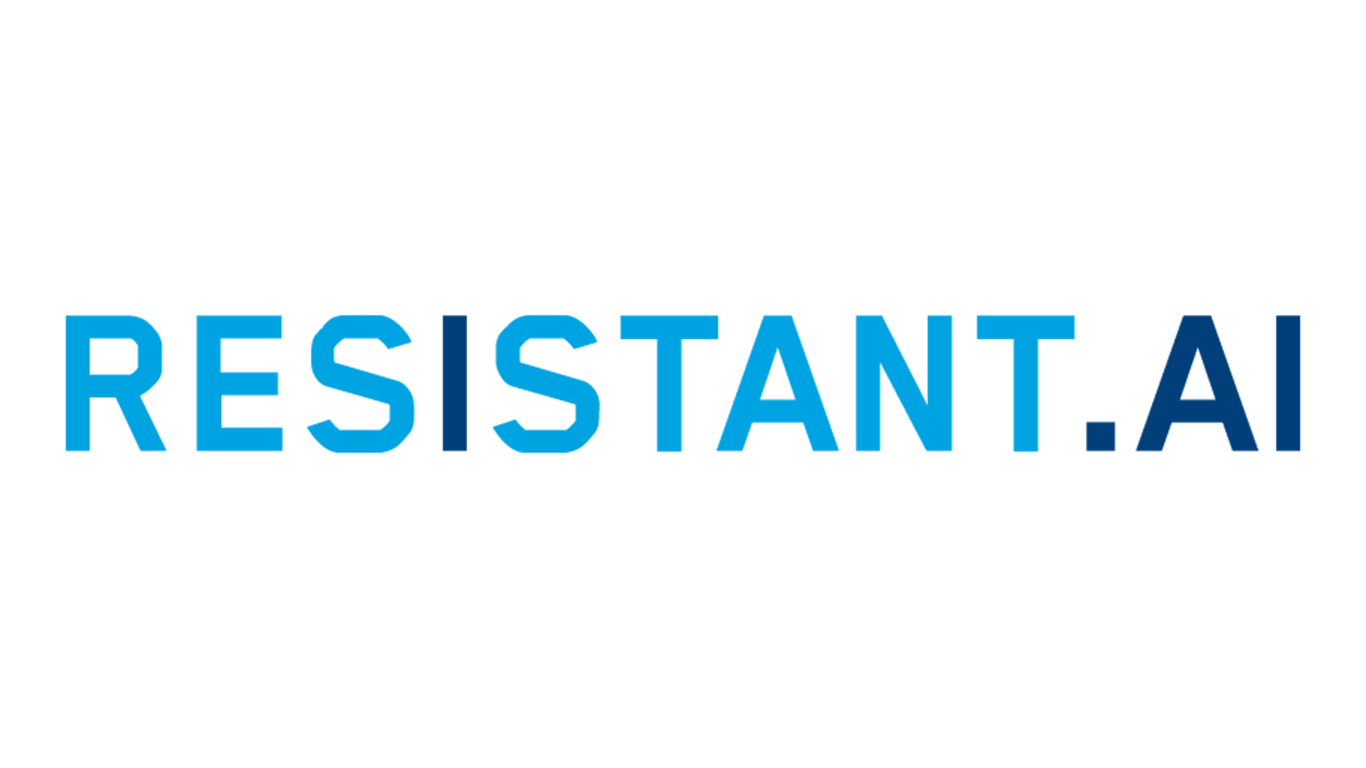
Resistant AI, the AI and machine learning financial crime prevention specialists, today announces that Bank of Valletta, the largest bank in Malta, is to adopt its Transaction Forensics product for anti-money laundering (AML). It will enable the bank to prevent and detect transactions that are suspected of being involved in money laundering or sanctions evasion.
Traditionally, banks' transaction monitoring processes have consisted of reporting suspicious transactions- values, senders, recipients - to law enforcement or regulatory bodies after they have been processed. As sanctions against the Russian regime increase, forward-looking banks are increasingly seeking to prevent criminals from using their services for illicit purposes by stopping unusual transactions in real-time.
Bank of Valletta's use of Resistant AI's innovative transaction monitoring capabilities is one of the first of its kind by a major bank. The AI-powered monitoring takes place in real-time, allowing the bank to further its protections against financial crime in line with changing regulations and internal risk assessments. It can receive huge amounts of real-time data and process it in seconds to uncover patterns and anomalies that suggest suspicious activity. Resistant AI’s technology adds sophistication to transaction monitoring capabilities to the bank, without requiring a wholesale overhaul of the bank’s current systems.
Ryan Caruana, Money Laundering Reporting Officer at Bank of Valletta says, “We are pleased that our bank is leading the way in innovation in Malta, to remain compliant with regulatory mandates. We selected Resistant AI based on their ability to provide best-in-class analytical capabilities.”
Martin Rehak, CEO and Founder of Resistant AI says, “Resistant AI is proud to assist Bank of Valletta in providing truly innovative transaction monitoring capabilities. Our focus on enhancing customers’ existing tech with innovative AI is the ideal response to the rapidly shifting regulatory landscape around money laundering, offering a convenient way to improve a company’s capabilities without overhauling their whole system.”
Related News
- 03:00 am
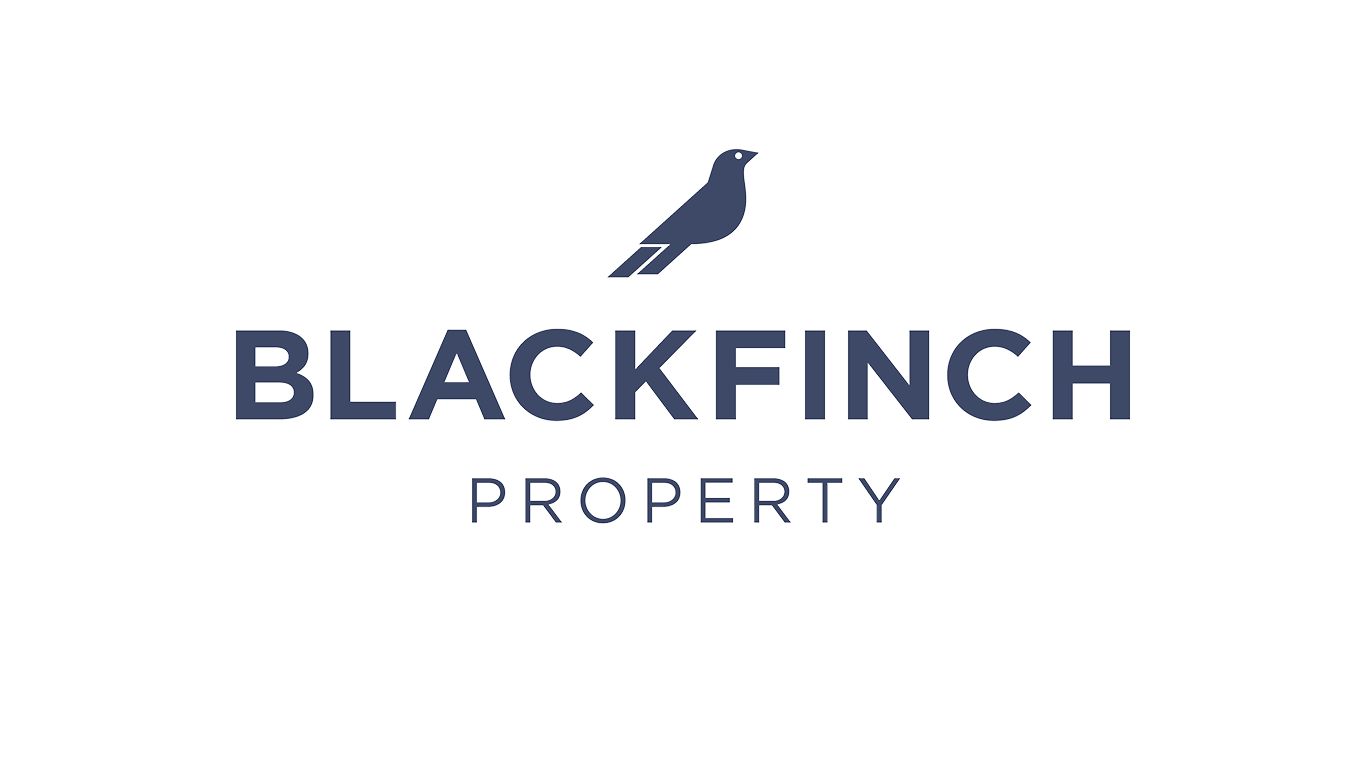
Blackfinch Property, a rapidly growing agile lender to the UK property market, has provided £2.3m in funding to a special purpose vehicle (SPV) of Dunedin Homes for the development of seven new homes in Droitwich Spa, Worcestershire, each fitted with environmentally friendly features.
Under the terms of the 22-month deal Blackfinch Property (via its property development company, Lyell Trading Limited) - part of Blackfinch Group, an investment manager committed to helping individuals, businesses, and communities to thrive - will fund the land acquisition and the construction of seven detached two, three, and four-bedroom homes, exiting the deal once all homes have been sold.
Blackfinch Property screens all investment opportunities against the delivery of Environmental, Social and Governance (ESG) criteria. Each house being built by Dunedin Homes will be fitted with vehicle charging points, solar panels and a bio-disc treatment plant. Each boundary will also be planted to achieve biodiverse ecology and the dwellings are expected to achieve an Energy Performance Certificate Rating B.
John Hartigan, Investment Director at Blackfinch Property, said: “This is another excellent development by a very experienced developer, who has worked with us on their projects for several years now. Our in-house legal team worked with our external lawyers and the borrower’s solicitors to successfully clarify a complex planning query very quickly.”
He continued: “For the purposes of the deal, the developer had exchanged contracts to purchase the property, so all parties and their legal advisers worked very closely to ensure a smooth and on-time completion. It was an attractive deal for Blackfinch, well-structured with a £4.6m Gross Development Value.”
David Kelly, a Director of Dunedin Homes, added: “From the Developers perspective, we feel very fortunate to have worked with Lyell and Blackfinch on several projects now, something we feel helps and assists our business in terms of ‘knowing you - knowing us’. I’m sure this gives confidence to both sides to work within the sometimes-tricky parameters of development finance.”
Related News
- 05:00 am

BIT, a leading professional digital asset exchange, has collaborated with the TON Foundation, a non-profit association of developers and enthusiasts that exists to advance The Open Network (TON). The collaboration is designed to nurture each other’s ecosystem and provide more value for both BIT users and users of TON.
Originally developed by Telegram - the instant messaging platform with 700 million global active users - TON is designed to provide a platform for decentralised applications and smart contracts. Toncoin (TON) is the native cryptocurrency and it is used for network operations, transactions, games or collectibles built on TON. The significance of this deal is highlighted by the TON Foundation’s continuous support of the development of open-source technologies and decentralised application.
“It is a significant move for our mission of bringing crypto closer to the users. As part of the Web3 revolution, crypto finance should be an integral part of our daily life.” said Lan, Co-founder and COO at BIT.
As part of the partnership, BIT will accept TON for payment of trading fees and offer a fees discount for those who are using TON for payment of trading fees. In addition, Toncoin staking participants will also enjoy different levels of VIP rates on BIT exchange. The levels of VIP rates will vary with different levels of staking amount. It is the first of its kind collaboration between an exchange and a token issuer.
BIT and TON’s collaboration started in 2022. BIT was the first exchange to support TON options trading. Crypto options trading is a fast-growing segment of the digital asset trading market that is expected to grow rapidly in the coming years. It provides investors with a relatively low-cost and managed-risk way of trading digital tokens and hedging positions. The market demand for altcoin options trading is also increasing however it can only be traded through the OTC market these days.
Lan said: “TON Foundation has been a long-time reliable party to collaborate with for BIT. We strongly agree with their mission and pragmatic approach about building the Web3 space. We are excited to start our collaboration with TON not only because it will help our customers to get immediate benefits like the opportunity to trade TON, but because this opens the door to endless opportunities in the field of combining social network and trading. We are also keen to build use cases on the TON blockchain.”
“We are delighted to further our collaboration with BIT and anticipate a ready uptake in the use of Toncoin for the payment of trading fees on the exchange,” said a senior spokesperson at TON Foundation. “TON is poised to play a pivotal role in the evolution of the digital token economy. I’m sure BIT users will appreciate the collaboration as it brings value to the platform.”
Related News
- 07:00 am

On the 17th and 18th May at the Jumeriah Emirates Towers, Dubai, UAE, the financial industry will once again congregate at the 14th Edition of the Middle East Banking Innovation Summit (MEBIS).
Well known as the must attend industry event, the MEBIS Summit will delve into topics of data analytics, multichannel solution platforms, next-gen technology transformation, digital modernization, governance, and how GCC-based banks are proving to be leaders in embracing new technologies and transformation for enhanced sustainability across the banking sector.
The UAE Banks Federation supports this year’s edition, with Jamal Saleh, the Director General of UBF, providing the opening welcome address.
“Amidst the constantly evolving banking landscape, sustainability has emerged as a critical factor in driving the future of our industry. As we navigate the challenges and opportunities of the digital age, it is imperative that we remain steadfast in our commitment to social and environmental responsibility, and work collaboratively towards building a more inclusive and sustainable financial ecosystem. And as we do so, we need to ensure that we remain focused on Emiratization, which is not only a strategic imperative for the banking sector but also across all industries. Banks have a pivotal role to play in fostering local talent and providing them with employment opportunities that will enable them to realize their full potential and implement the Central Bank’s Emiratization Plans, hence empowering Emiratis with the skills, knowledge, and resources that they will need to succeed in the industry, as we are not only investing in our future but are also contributing to the overall prosperity of our UAE society.”
UAE Banks Federation, Director General – Jamal Saleh
The impressive lineup of speakers features a dynamic range of banking professionals and financial experts including a special address from Ahmad Mohmd Fawzi Abu Eideh, from Invest Bank, UAE, and interactive fireside chats with guest speakers Srinivasan Sampath from First Abu Dhabi Bank and, Mohamed Nazih Rashad of the Abu Dhabi Islamic Bank, Sean Langton from Abu Dhabi Commercial Bank and Nidal Khalifeh, from the Jordan Ahli Bank plus Shaker Zainal, will represent Strategic Partners, Emirates Development Bank
Tristan Brandt of Rakbank and Aditya Baswan of First Abu Dhabi Bank will be joining the CxO panel discussion on Exploiting Capital in the New Economy with Next-Gen Technology Transformation, Atul Chandorkar from Qatar Islamic Bank and Mehreen Zakaria from Citi will share their thoughts on Data in the Digital Era & Powering the Future. Vipul Kapur from Mashreq Bank will be joined by Anand Krishnan from Emirates Investment Bank and Kaushik Kadayam from Standard Chartered Bank to share their insights on Technology Transformation Redefining the Value Proposition of Modern Relationship Management.
Soumaya Hissoussi of Bank Lombard Odier & Co Ltd, and Adnan Fasih of Habib Bank will speak about Islamic Banking for a Rapidly Transforming Economically Stable Digital Economy in the MENA Region, while Zsombor Brommer from United Arab Bank and Abbas Bou Diab of BLOM Bank Qatar of will consider Powering intelligent Risk, Compliance, Governance, Fraud & Audit with Digital Modernization and Transformation, with Vikram Sandhu from Emirates NBD and Alex Bak from Commercial Bank International will participate on the panel entitled: From CX trends to Metaverse and Multichannel Marketing Hubs – Toolkits for Powering Up an Omni-Channel Dominance.
“As the banking industry in the Middle East, and around the world continues to rapidly evolve with the advancement of technology, the industry must strive to continuously innovate to stay relevant and meet the changing needs of customers. We are honored to be a sponsor of a premier event, such as MEBIS, where we will be chairing a panel session on next-gen technology and digital transformation,” said Bhavya Kumar, Managing Director and Partner at Boston Consulting Group. “Events like these bring together the brightest in the industry, and is an excellent platform to come together, share ideas, and explore new solutions that will drive growth and success in the years ahead, and I am looking forward to it."
In addition to this, Andrés Bernad from “Title Sponsors”, IBM Consulting is presenting on the Global outlook for Banking and Financial Markets, Ashwani Arora, from “Powered by” sponsors, Dataiku will share insights on The Power of everyday AI, Puneet Chhahira from Infosys Finacle will speak on Banking-as-a-Service and Embedded Finance: Leapfrogging with Composable Core Banking Platform. Motaz Ghazi & Soren Benfeldt , Director, Client Technical Architect from Kyndryl, will discuss Building the bank of the future: unleash collaboration for core banking modernization, and Bharani Subramaniam from Thoughtworks will deliver a presentation titled Moving Beyond Digital Transformation to Build Digital Banking Multichannel Solution Platforms.
"Amid rapid digitization, the Middle East’s banking industry is going through radical transformation to continually enhance customer-centricity through innovation. To compete in this experience-led economy wherein customer and employee experience is becoming a requirement rather than merely a distinction, banks and financial institutions must embrace technology as an ally,” said Fionnuala Morris, Vice President and Managing Director, Kyndryl Gulf and Levant. “Investing in strong IT infrastructure is one thing, however, the question is how can they leverage this infrastructure to extract enterprise value from their technology investments. This is where Kyndryl steps in as a trusted advisor to guide, direct and enable organizations to meet their business goals and growth."
With only a few days to go, don’t miss out on the opportunity to attend the leading banking technology event in the Middle East region, MEBIS 2023. The summit will bring together over 400+ senior bankers and fintech leaders from across the MENA region, providing you with the perfect platform to have power packed face-to-face business discussions with influential experts and industry leaders.
For more information, visit: mebis.me









